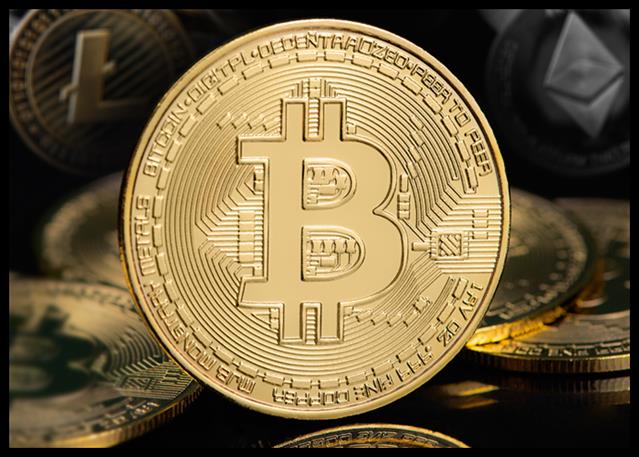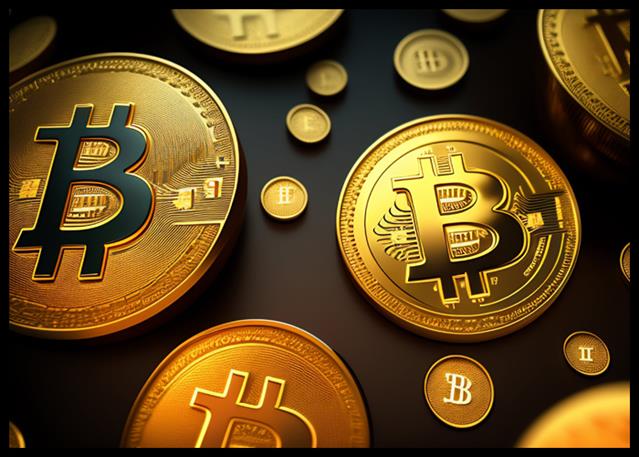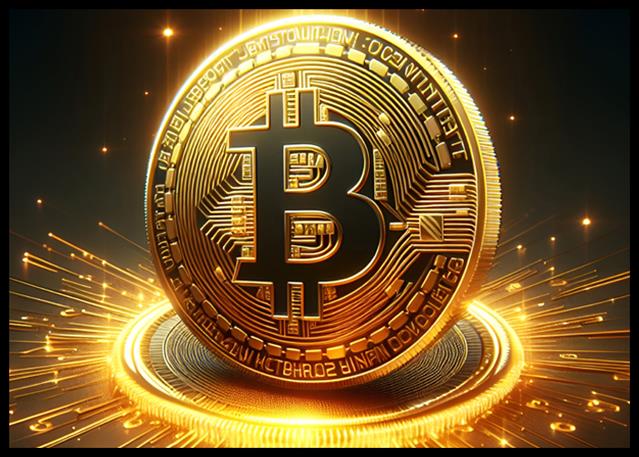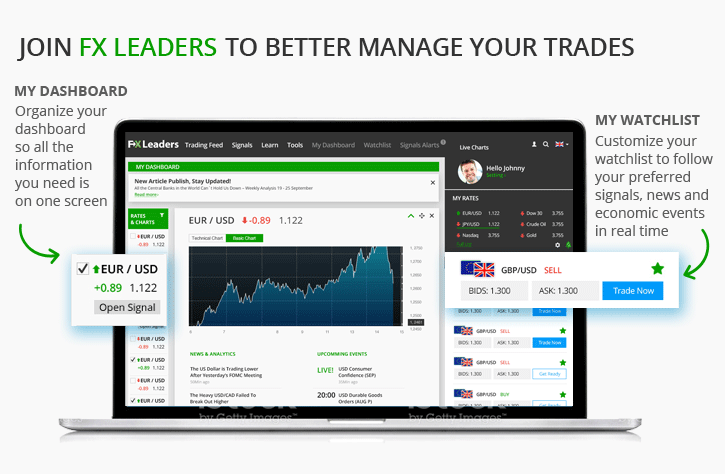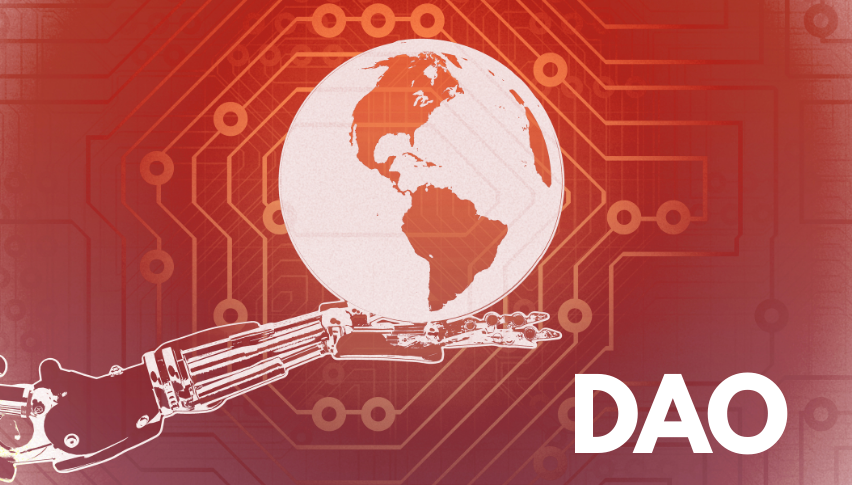
DAO (Decentralized Autonomous Organizations)
What are the advantages of using a DAO?
There are several advantages of using a DAO. Here are 4 of the most important factors:
Firstly, since DAOs are essentially created in the blockchain via smart contracts and code, they are open-sourced. This means they are transparent. This is an advantage, because developers can easily spot any bugs or mishaps in the underlying code of any DAO. This transparency helps, because it allows anyone to see all the moves and changes that happen in the DAO.
Secondly, this transparency creates what we call “a trustless, permissionless organization.” This does not mean you cannot trust it, the term actually means there is no more need for “trust” because everything is automated and transparent. Everything is already coded and written in stone and cannot be changed unless the community votes in favor of it. It is not like a traditional organization where there is an evident organizational hierarchy, where power, influence and decision-making rest upon just a few people. DAOs do not have this, and nor do they need it, because everything is already in the initial smart contracts that were created. There are no board of directors, upper management, CEO or leaders. Everything is based on the code and the algorithm of the DAO, which is what makes it trustless and permissionless.
Thirdly, all of the rules and governance laws are already coded in smart contracts. Traditional corporations have their by-laws written down, but these may be hard to implement and remember, due to the complexity and the sheer number of bylaws in the corporate constitution. Big corporations need legal divisions and compliance divisions, just to be able to check and control the organization and see whether it is able to comply with the by-laws. DAOs do not need these excess departments and divisions, as everything is automated; everything is in the blockchain and coded into smart contracts – so it is fast and efficient. Changes in the DAOs rules and regulations can be done through proposals, which are then approved or disapproved via DAO votings.
Lastly, unlike traditional companies, DAOs cannot be shut down by governments. It is very evident that businesses and corporations stationed in socialist countries have a higher existential risk in terms of losing control of their organization at the whim of a strong-man totalitarian government. Since the DAO is online, built upon blockchain technology, no government can close down any DAO unless they can completely close down the internet as well.
How can DAOs be manipulated?
Despite all the advantages, there are obviously also downsides to DAOs. Here are four disadvantages that increase the risk of DAOs being manipulated:
- Since DAOs are built on the blockchain, which is completely transparent by the very nature of its code, any bugs in the system may open up vulnerability to attacks. Any small error in the code may be exploited by unwanted hackers, to inflict damage on the DAO
- Moreover, because of this transparency, DAOs have no business secrets. Everything can be seen by everyone, and as such there can be no trade secrets. Coca-Cola has its own secret formula for its Coke. KFC has its secret recipe of herbs and spices for their fried chicken. They also have their research and development divisions (R&D), which are very secretive, because they develop new products for the company. DAOs do not have this, because everything is transparent.
- One downside is the “trustless” factor, which is based on the automation of the smart contracts. Yes, it is fast and efficient, but it is still based upon the initial workings of the developers who created the DAO. If there are any loopholes in the system, it is hard to hold anyone accountable. Since there is no board of directors, management or CEO, it is hard to find anyone who is accountable if anything goes wrong. Accountability is a big disadvantage when things go awry in the “trustless” system
- Lastly, since DAOs are a new form of technology, there are still no legal grounds for any of its workings. Governments have yet to get caught up in this new technology as such, therefore laws have yet to be made with regard to their legality. This could be a probable risk in the future. A DAO could definitely get into legal trouble if it oversteps any government laws.
What are the use cases for DAOs?
There are several use cases for DAOs in our modern world. Here are just a few examples, but as the ever-expanding and evolving nature of technology seems to be moving faster all the time, there will surely be even more:
- Operating System DAOs – These are DAOs that offer resources and services to help people create their own DAOs
- Investment DAOs – These types of DAOs create communities and allow members to pool capital so that they can invest in various DeFi projects and fulfill a common investment goal. DAO voting is usually done to approve or disapprove investment goals in their pipeline. Pooled money can also be donated depending on the DAOs voting results
- DeFi DAOs – These are usually DAOs that are decentralized exchanges by nature. They work by providing trading/swapping services, crypto loans, staking and creation of liquidity pools – all of this, while being a DAO at the same time
- Social DAOs – These are similar to group chats and social networking, but the organization is similar to that of an office. Imagine having your circle of friends working together towards a common objective, in a DAO
- Service DAOs – These are DAOs that help the service industry connect with individuals and communities. These DAOs bridge the gap between people and skills
- Collector DAOs – With the emergence of NFTs, collectors have joined together to create their own DAOs. These types of DAOs work as a platform that enables artists to create works of art and connect with collector communities interested in their artistic projects
List of popular DAO Projects
- MakerDAO – This is one of the oldest DAOs. It created the DAI, a stable coin that keeps its value close to the US dollar via smart contracts
- Aragon – This is an Operating Systems DAO that enables people to create their own DAOs using the Aragon platform
- MetaCartel – This is a venture capital DAO that funds various investment projects
- UniSwap – This is a decentralized exchange that uses smart contracts for facilitating transactions, providing staking and controlling liquidity pools


